Granting red books for land without papers before July 1, 2014: Minimizing inconvenience for people
The decree guiding the implementation of the Land Law will include procedures for granting red books in cases where land does not have documents before July 1, 2014, to minimize difficulties and inconveniences for people.
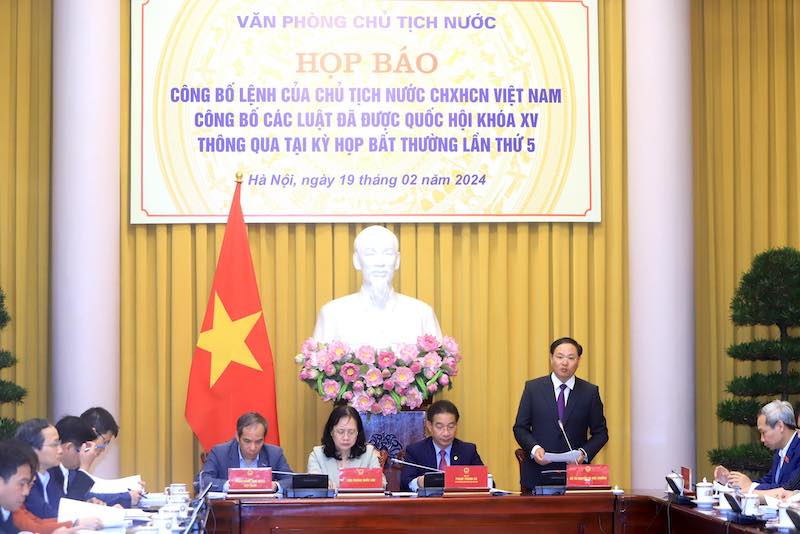 |
| Deputy Minister of Natural Resources and Environment Le Minh Ngan introduced new points of the Land Law. |
On the morning of February 19, the Office of the President held a press conference to announce the President's order on the laws passed by the 15th National Assembly at the 5th Extraordinary Session (January 18, 2024), including the 2024 Land Law.
Introducing the basic content, Deputy Minister of Natural Resources and Environment Le Minh Ngan said that the Land Law consists of 16 chapters and 260 articles, of which 180/212 articles of the 2013 Land Law are amended and supplemented and 78 articles are added.
Mr. Ngan also informed about the new highlights, such as amending and supplementing regulations on land users to be consistent with the provisions of the Civil Code, the Law on Belief and Religion, the Law on Nationality, the Investment Law; no distinction is made between Vietnamese citizens residing in the country or abroad in accessing land.
The law has also improved the rights of Vietnamese people residing abroad in the direction that Vietnamese people residing abroad who have Vietnamese nationality and are Vietnamese citizens have full rights related to land like Vietnamese citizens in the country (domestic individuals). It stipulates that groups of land users including household members have the same rights and obligations as individuals using land.
Another notable new point is that the Law has added the right to choose the form of annual land rental payment or one-time land rental payment for the entire rental period. It specifically stipulates the conditions for exercising the rights of economic organizations that are leased land by the State and pay annual land rental. For public service units that are allocated land by the State without collecting land use fees but have a need to use part or all of the allocated area for production, business, or service provision, they can switch to annual land rental payment.
Notably, the Law decentralizes the decision to reclaim land for use in national defense and security purposes, for socio-economic development for national and public interests without distinguishing by land user as in the 2013 Land Law.
Regarding land finance, Deputy Minister Ngan said, the Law has removed the Government's regulations on land price framework; specifically stipulates principles, bases, and methods for land valuation; stipulates that land price tables are built annually and the first land price table is announced and applied from January 1, 2026, and the land price table is adjusted, amended, and supplemented from January 1 of the following year; and the construction of land price tables according to value zones and standard land plots for areas with digital cadastral maps and land price databases.
In this amendment, the Law stipulates that households and individuals using land from October 15, 1993 to before July 1, 2014, and now have been confirmed by the People's Committee of the commune where the land is located to have no disputes, will be granted a certificate of land use rights and ownership of assets attached to the land.
Clarifying this content at the press conference, Deputy Minister Le Minh Ngan stated that the process of granting red books, especially in cases where there are no documents on land use rights, the basis of actual land use and land management history is extremely important.
"We must affirm that when granting certificates to people, if disputes arise and become more complicated, it is not advisable," Mr. Ngan emphasized.
According to the Deputy Minister, more than anyone else, only officials who are directly involved with the people, directly control local land funds, and directly manage land changes throughout the history of land use can grasp this matter.
In which, it is necessary to ensure that there is no dispute to ensure stable use. Stability means using for a certain purpose and time.
Regarding how to facilitate people in issuing red books, Mr. Ngan said that it depends largely on the organization of implementation and people's awareness of law compliance.
To implement this policy well, legal factors must be ensured, that is, land must be used stably, without disputes, and confirmed by the People's Committee at the commune level.
In implementation, local authorities, the Fatherland Front, and even inspection and examination agencies must consider whether the implementation causes difficulties for the people.
“This cannot be specifically regulated in the law. But in the decree, we will include the procedures for granting red books in this case to minimize difficulties and troubles for people,” Mr. Ngan replied to the press.
In addition, the Deputy Minister also mentioned that people need to be aware to ensure that the proposal to issue red books is in accordance with the law, avoiding social conflicts during the policy implementation process.
“This is a very good policy, inheriting from previous Land Laws and promulgating based on current practices. We will try to perfect the sub-law documents, and at the same time, with the responsibility of the central State management agency, we will coordinate with relevant agencies to monitor the implementation of the policy well," said Mr. Ngan.
Source


![[Photo] Ho Chi Minh City speeds up sidewalk repair work before April 30 holiday](https://vstatic.vietnam.vn/vietnam/resource/IMAGE/2025/4/3/17f78833a36f4ba5a9bae215703da710)
![[Photo] General Secretary To Lam receives Japanese Ambassador to Vietnam Ito Naoki](https://vstatic.vietnam.vn/vietnam/resource/IMAGE/2025/4/3/3a5d233bc09d4928ac9bfed97674be98)
![[Photo] A brief moment of rest for the rescue force of the Vietnam People's Army](https://vstatic.vietnam.vn/vietnam/resource/IMAGE/2025/4/3/a2c91fa05dc04293a4b64cfd27ed4dbe)
![[Photo] Prime Minister Pham Minh Chinh chairs the first meeting of the Steering Committee on Regional and International Financial Centers](https://vstatic.vietnam.vn/vietnam/resource/IMAGE/2025/4/3/47dc687989d4479d95a1dce4466edd32)
![[Photo] Capital's youth enthusiastically practice firefighting and water rescue skills](https://vstatic.vietnam.vn/vietnam/resource/IMAGE/2025/4/3/3f8481675271488abc7b9422a9357ada)
![[Photo] Prime Minister Pham Minh Chinh chairs meeting after US announces reciprocal tariffs](https://vstatic.vietnam.vn/vietnam/resource/IMAGE/2025/4/3/ee90a2786c0a45d7868de039cef4a712)
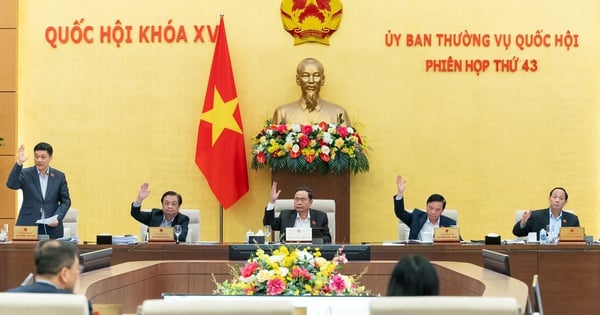

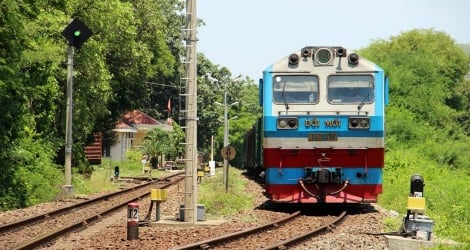





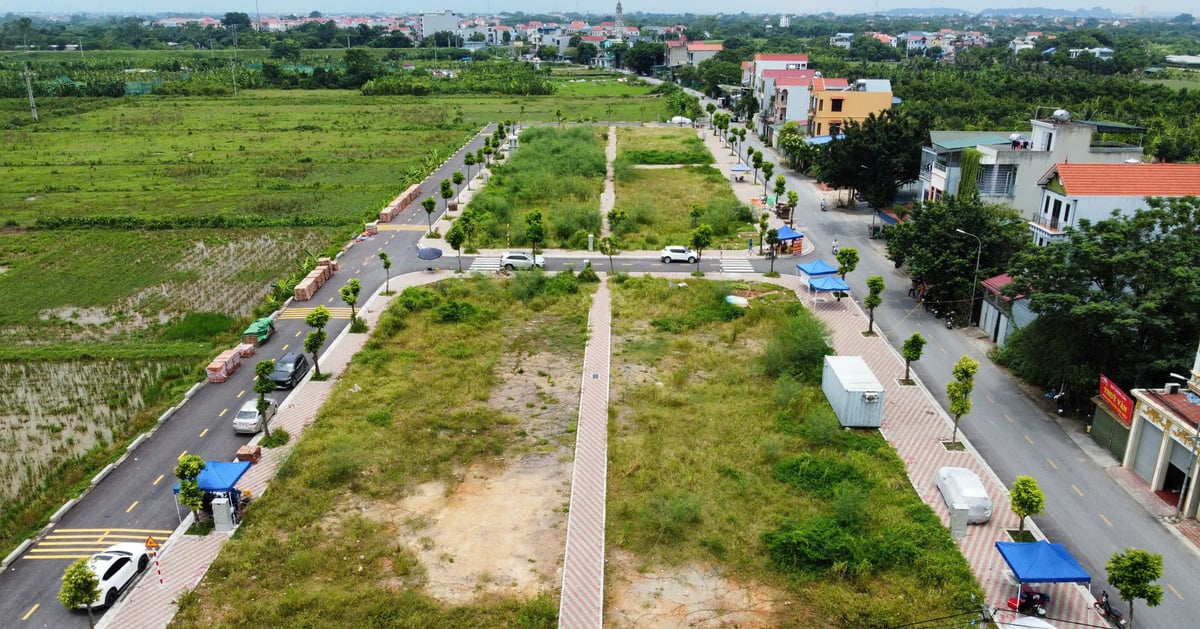

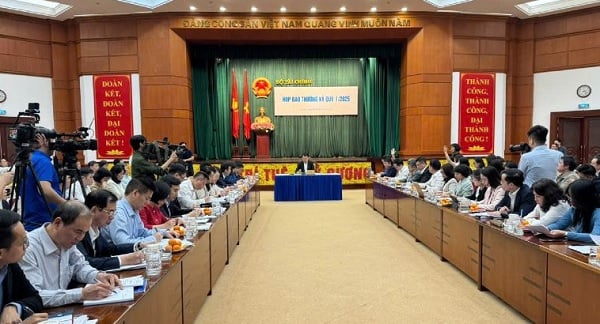
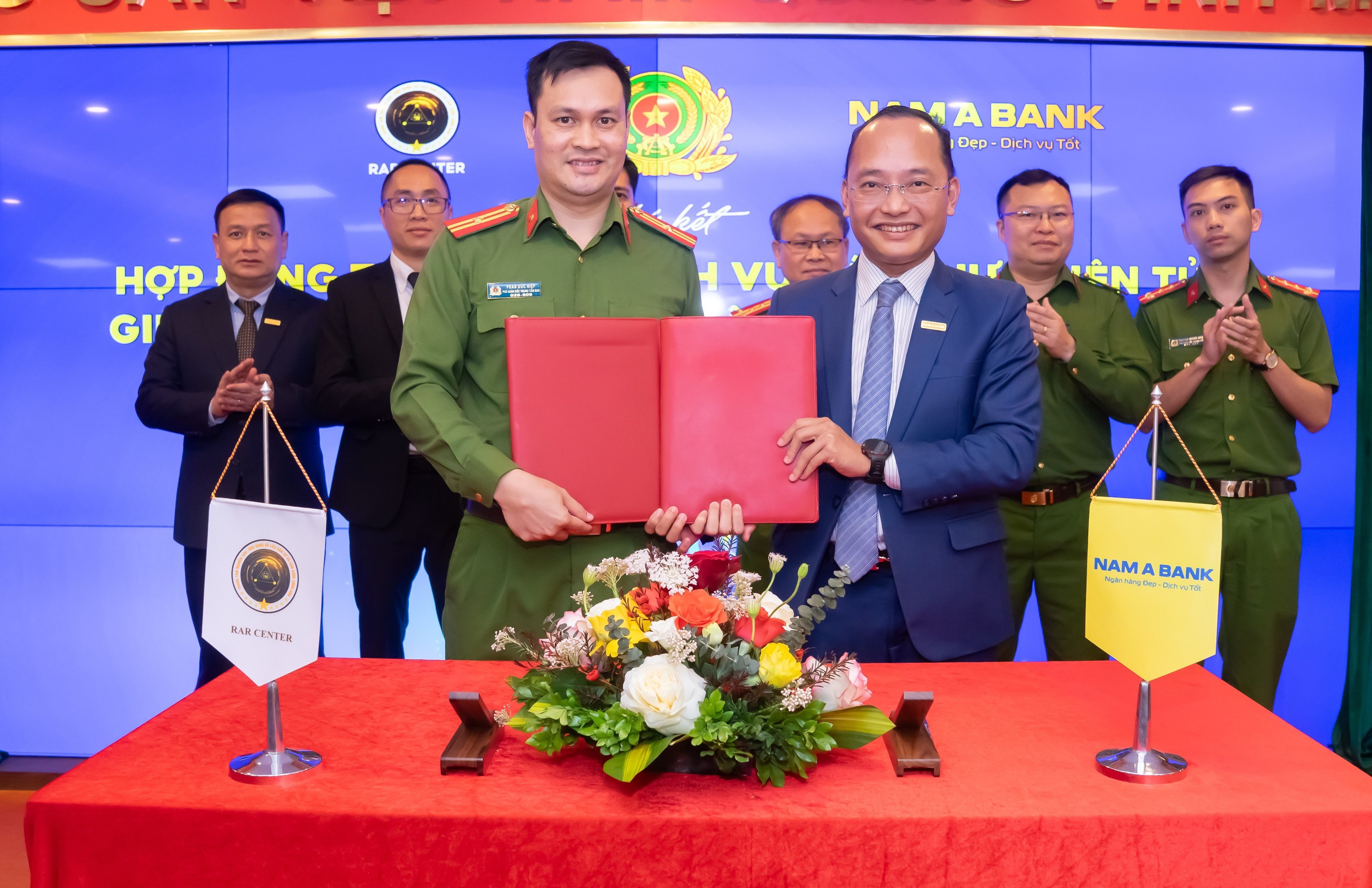

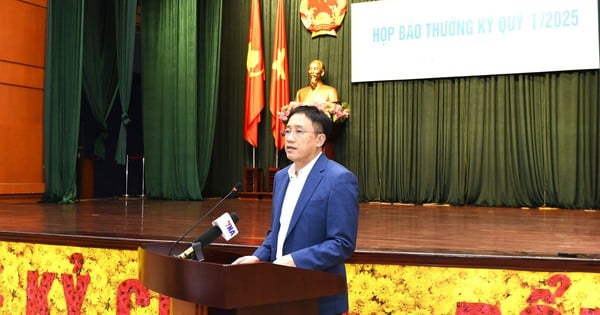











































































Comment (0)